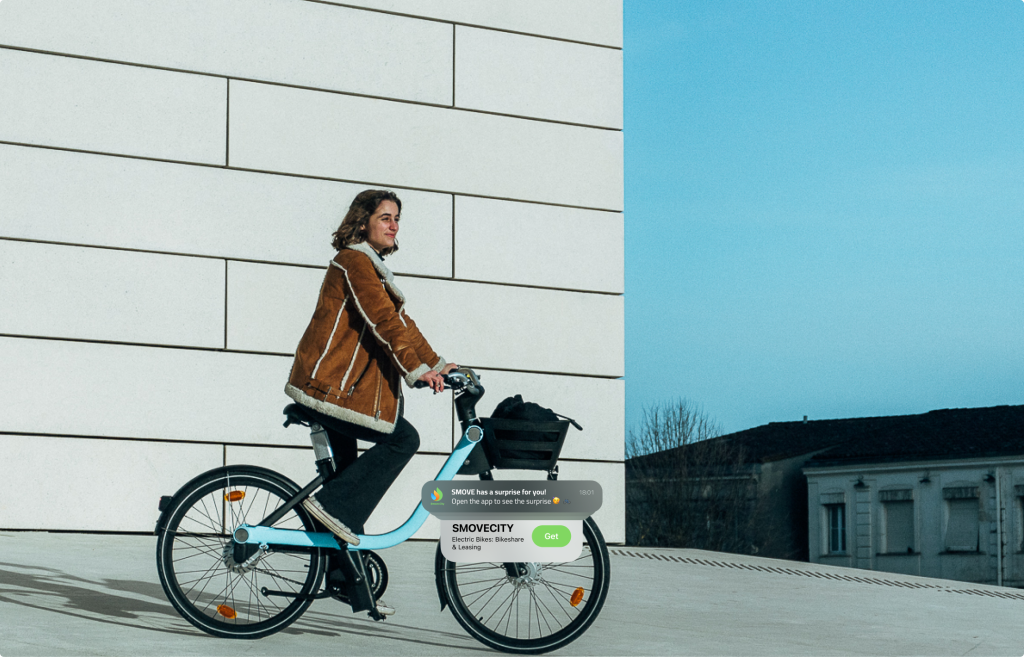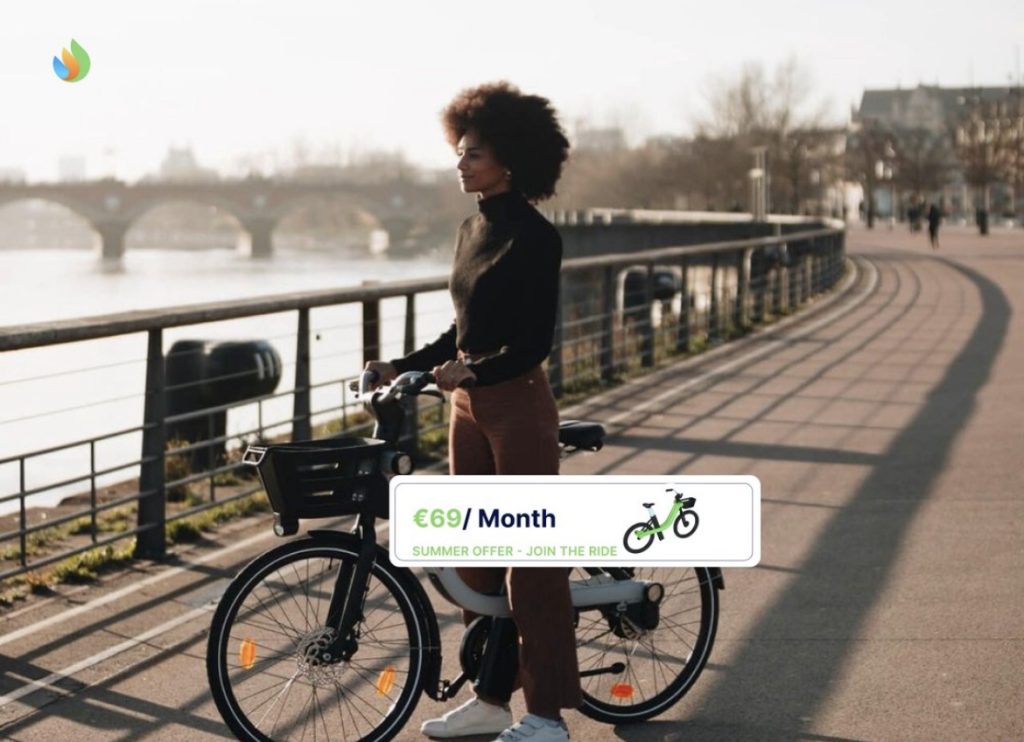One Year After Paris’ Shared E-Scooter Ban: Key Impacts and Rebound Effects
In September 2023, a year after Paris banned shared electric scooters (e-scooters), the city’s transportation landscape has seen notable shifts. While privately owned e-scooters remain legal, the removal of shared services has prompted changes across other modes of urban mobility.
Surge in Shared Bike Usage
One of the most immediate effects was a sharp rise in the use of shared bikes. Data reveals that bike-sharing services have doubled in popularity since the ban, with trips on dockless bikes soaring from around 750,000 in September 2022 to nearly 2 million by September 2023. This shift indicates that many former e-scooter users transitioned to bikes for short-distance travel. (https://electrek.co/2023/12/06/after-paris-banned-electric-scooters-something-surprising-happened-in-the-city/ & https://www.intelligenttransport.com/transport-news/145299/micro-mobility-for-europe-condemns-paris-ban-on-shared-e-scooters/)
Private Scooter Sales and Street Traffic
Sales of privately owned e-scooters have increased as users who previously relied on the convenience of shared scooters sought personal alternatives. However, this growth has not offset the reduction in total scooter usage, leading to a decrease in overall scooter traffic on Paris streets. Consequently, the city’s roads may be less congested with scooters, particularly in tourist-heavy areas. (https://www.intelligenttransport.com/transport-news/145299/micro-mobility-for-europe-condemns-paris-ban-on-shared-e-scooters/)
Public Space and Parking Management
With fewer shared e-scooters cluttering public spaces, Paris has experienced a reduction in parking-related issues. Complaints about scooters left haphazardly on sidewalks have decreased, easing the burden on local authorities tasked with managing micromobility devices . This also allowed for smoother pedestrian movement and more organized urban environments.(https://eurocities.eu/latest/after-the-paris-ban-whats-next-for-e-scooters/)
Road Safety
Safety concerns played a major role in the original ban, as accidents involving shared e-scooters had been rising. With fewer scooters on the streets, particularly those used by inexperienced or reckless tourists, there has been a noticeable improvement in road safety. Paris has avoided the chaos seen in other cities where unregulated scooter use persists. (https://eurocities.eu/latest/after-the-paris-ban-whats-next-for-e-scooters/)
Looking Forward
While Paris may have effectively managed the transition away from shared scooters, the growing demand for other micromobility services like shared bikes shows that city residents and tourists still seek flexible, eco-friendly transport options. Whether these modes will face future regulation remains an open question. (https://electrek.co/2023/12/06/after-paris-banned-electric-scooters-something-surprising-happened-in-the-city/)

